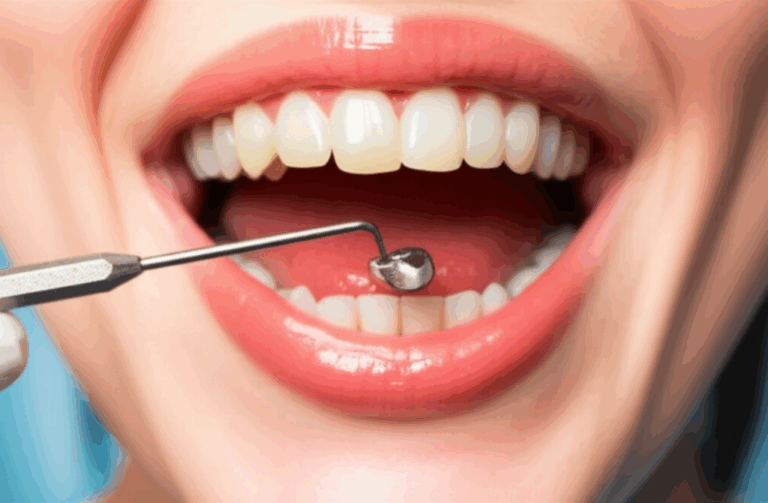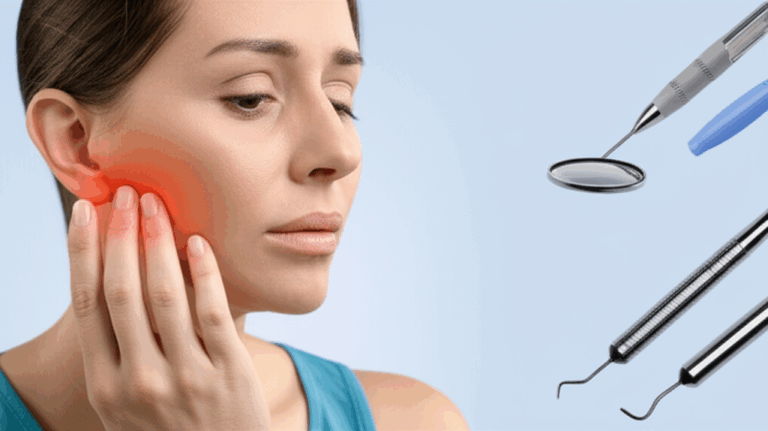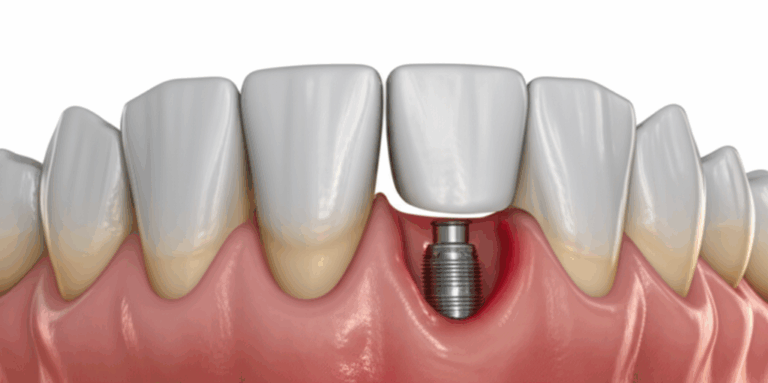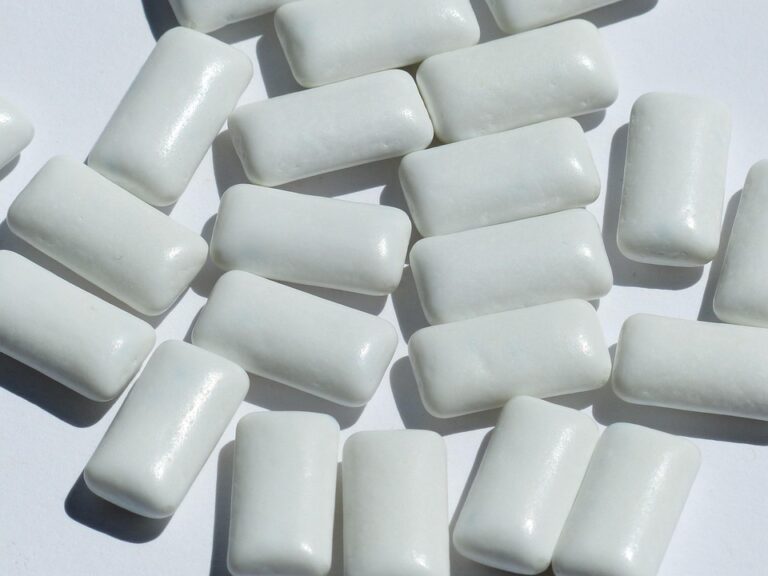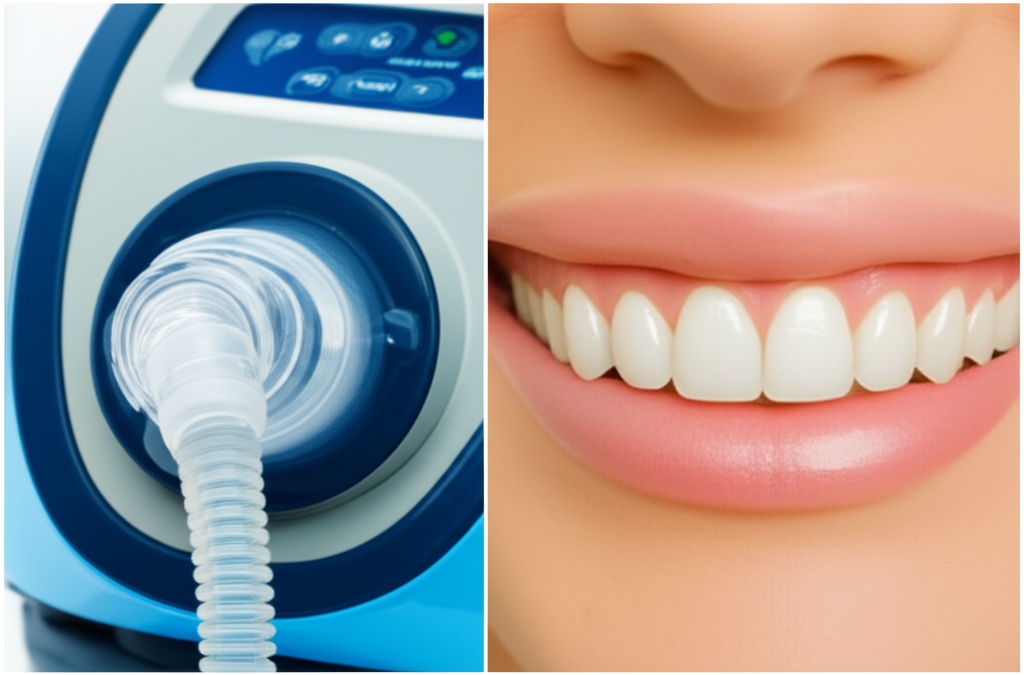
Can a CPAP Machine Cause Dental Problems? My Journey with CPAP, Teeth, and Solutions
Wondering if using a CPAP machine can mess with your teeth? I was curious too when I started. Here’s what I found out, what can happen, the signs to look out for, and how I stopped small problems before they turned into big ones. I’m sharing my story so you can stay healthy, sleep well, and keep your smile!
Table of Contents
- Why I Asked If CPAP Can Cause Dental Problems
- How CPAP Affected My Dental Health (And What to Watch Out For)
- Prevention: Steps I Took to Stop CPAP Dental Problems
- Fixing Problems When They Happen: My Real-Life Solutions
- Balancing Great Sleep and Happy Teeth
- FAQs: Quick Answers to Common Worries
Introduction: Why I Asked If CPAP Can Cause Dental Problems
I never guessed that using something to help my breathing at night would cause trouble for my teeth. But a few weeks after using my CPAP, things felt weird. My mouth was super dry, my jaw hurt in the morning, and my bite felt just a bit off. Has this happened to you too?
So, can a CPAP machine cause issues for your teeth? In my view (and from what I looked up), the answer is yes… but you can take care of it. If you know what to look out for and jump on problems early, you can fix most things with a little help and a bit of effort.
Here’s what I wish someone had told me right at the start.
How CPAP Affected My Dental Health (And What to Watch Out For)
I started using CPAP because of sleep apnea, which is when your throat keeps closing while you sleep and you stop breathing again and again. The machine really helped me sleep better and feel great. But once I got into the habit, I noticed some strange things in my mouth. Here’s what happened and what you might see too.
Dry Mouth (Xerostomia): My Biggest Annoyance
The first thing I noticed was that my mouth felt desert-dry. In the morning, it was like chewing cotton balls.
Why does it happen? CPAP pushes airflow all night. If you sleep with your mouth open (maybe because you use a nasal mask or your nose is stuffed), the air dries out your saliva. Without spit, your teeth and gums don’t get washed as they usually do—so germs can build up.
What did I notice?
- My breath smelled worse
- My gums hurt in the morning
- My teeth felt extra sensitive
- I sometimes noticed little sores
What this means:
Saliva stops cavities, gum problems, and fungal infections in your mouth. If you don’t have enough, you can get all of these problems much more easily.
Jaw and Muscle Pain: Is It the Mask or My Jaw?
When I was new to the mask, I woke up with a sore jaw, and sometimes the sides of my face felt tired or achy. Turns out, the mask straps and the air can push your jaw into weird spots.
Why does this happen?
If your mask is too tight or you grind your teeth at night, it can hurt your jaw joints. The straps can even push on those sore muscles.
What I felt:
- Jaw pain in the morning
- Popping or clicking when chewing
- Headaches around my temples
At first I thought I was just stressed, but after seeing my dentist, I realized it was the CPAP setup.
Tooth Movement and Bite Changes: Shifts I Didn’t Expect
After months on CPAP, it seemed like my teeth didn’t line up the way they used to. I thought I was imagining it, but my dentist said that a stiff full-face mask—even the wrong nasal pillow—can press on teeth or gums and slowly push them out of place.
Why does this happen?
- Some full face masks push on front teeth or gums
- Some nasal pillows put pressure on certain spots if they don’t fit well
What happened to me:
- My front top teeth started sticking out a bit
- I got a small gap along my bite
- My bite just felt off, like something was stuck
This kind of slow shifting is called malocclusion, and while it doesn’t happen to everyone, it pays to watch for it.
Gum Irritation and Swelling: Really Annoying
Gums are sensitive. After a few weeks, I noticed red, swollen spots where the mask went over my mouth or where my mouth was driest. Sometimes, these bled when I brushed or just felt sore.
Why it happens:
- Rubbing from mask parts
- Germs growing in air leaks
- Dryness making gums thin and weak
If you ignore it, swollen gums can turn into gum disease.
Tooth Erosion and Sensitivity: Why My Teeth Hurt
When my mouth was dry enough, my teeth felt more and more sensitive. Bacteria (and sometimes a bit of acid reflux, which you might get from CPAP) started to eat away at my tooth enamel.
What happened to me:
- My teeth hurt with cold water in the morning
- Random aches that just came and went
- Tiny chips at tooth edges
This is what happens when enamel gets thin; your teeth get sore and can start to decay.
Prevention: Steps I Took to Stop CPAP Dental Problems
Now for the helpful part. I didn’t quit CPAP. I knew good sleep mattered, but looking after my mouth did too. Here’s what I did to make both work.
Adjusting My CPAP for Comfort and Safety
This helped a lot. I worked with my sleep doctor to make sure my mask fit well. The leaks stopped, it didn’t shift around as much, and my face and jaw felt better.
What worked for me:
- Changed to a different mask style that gave my teeth and lips more room (nasal pillows were best for me)
- Learned how to tighten the straps to just the right amount
- Added a humidifier to my CPAP
- Used a chin strap if I started mouth-breathing, to keep my mouth shut and air in my nose
These little changes mattered.
Washing and Caring for My Teeth Even More
If your mouth gets dry, your teeth need you to be extra careful. I brushed and flossed every night and morning, without fail.
My simple routine:
- Brushed with fluoride toothpaste after dinner and as soon as I woke up
- Used a fluoride mouthwash before bed
- Sometimes sucked on xylitol candies my dentist said were ok for saliva in the day
Regular dental check-ups helped catch problems before they got big. Always tell your dentist if you use CPAP—they’ll know what to look for.
If you want to know about strong new dental stuff, some labs like a dental ceramics lab have modern, tough ceramics for fillings and crowns if you ever need them.
Drinking More Water (and Helping My Saliva)
I always kept a glass of water near my bed. Sipping before and after sleep was good, but sometimes it wasn’t enough.
Other things that helped:
- Tried mouth gels made for dry mouth
- Chewed sugar-free gum (especially xylitol)
- Skipped drinks that dry you out, like coffee or booze, before bed
Putting in a little work here kept me from that dry, uncomfortable tongue feeling.
Talking to My Dentist and Sleep Doctor (Always!)
If anything seemed wrong, I said something. Your dentist and sleep team want to help. They can find small problems fast.
If I noticed:
- New sores, swelling, or sore spots
- Jaw pain that stuck around
- My bite feeling different
…I called my dentist first, then the sleep doctor if I had to.
Fixing Problems When They Happen: My Real-Life Solutions
It’s true—sometimes things went wrong anyway. This is how I fixed stuff before it got worse.
Fixing Dry Mouth
- My dentist gave me a stronger mouth rinse (big help!)
- I put my CPAP humidifier on higher
- Used dry mouth sprays before bed and if I woke up in the night
- Got a heated CPAP hose (felt better and dried me out less)
Dealing with Jaw Pain and Bite Changes
When my jaw hurt:
- I worked with the CPAP tech to fix how my mask and straps sat on my face and jaw
- Got a custom night guard from a night guard dental lab
- Tried simple jaw stretches and gentle massages before sleeping
If my teeth felt like they were shifting:
- Asked my dentist to check
- Sometimes needed a bite adjustment or a different mask
Treating Cavities and Gum Problems
Yep, I got a small cavity while getting used to all this. My dentist fixed it quickly before it got worse. Regular cleanings really helped, and after half a year of better habits, my gums were healthier.
I also learned about products from special labs, like a china dental lab, for crowns or dental gear if you ever need to fix teeth from CPAP wear.
Balancing Great Sleep and Happy Teeth
Here’s my honest advice: CPAP is a must for sleep apnea. Using the machine made me feel better in almost every way. Still, I had to pay attention to side effects and look after my mouth. From what I saw, every CPAP mouth problem was fixable—and even better, preventable with a little effort and help from the pros.
If you’re just starting or already on CPAP, let my story help you: a few small changes and new habits go a long way. Don’t ignore a dry mouth or a sore jaw. You can have restful sleep and a healthy smile!
FAQs: Quick Answers to Common Worries
Is dry mouth from CPAP dangerous?
A bit of dryness is normal, but if it lasts, you could get more cavities or gum problems. Drink more water, turn up your humidifier, and talk to your dentist if it keeps happening.
Should I worry about my bite changing with CPAP?
It doesn’t happen to most people, but if your mask pushes on your teeth or gums, it could happen over time. If your bite feels funny, check your mask fit and see your dentist soon.
Can CPAP break dentures or retainers?
If you take care with the mask fit, most people are fine. But a bad fit puts pressure on dental gear. Tell both your sleep and dental team about your CPAP—they might have extra tips for your appliances.
How often should I see my dentist on CPAP?
I go every six months, but I go sooner if I notice changes. Tell your hygienist about your CPAP so they know to check for dryness and other mouth changes.
Is there new dental stuff that stands up better to CPAP problems?
Yes! New labs—like those who do digital dental lab work—make crowns and fillings that handle dryness and pressure better. Ask your dentist for options if you need repairs.
Last bit of advice: Always talk things through with your dental and sleep doctors. Take care of yourself, and you’ll get past any hiccups like a pro. Sweet dreams and keep smiling!

